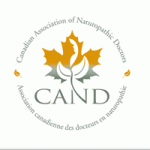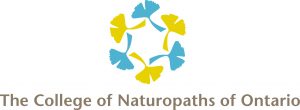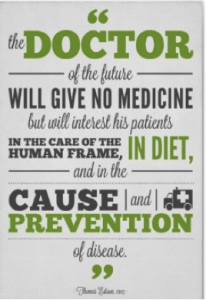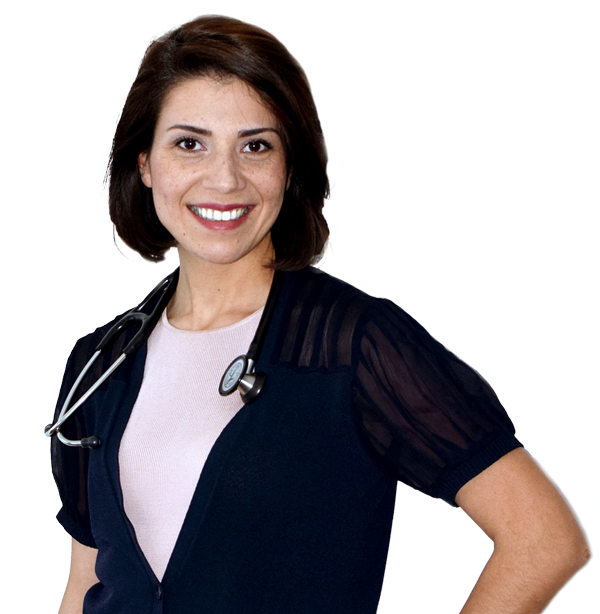When choosing to see an alternative health practitioner such as a Naturopathic Doctor (ND), most are at a point in their health and well-being where the mainstream medical system can no longer address their concerns. Others, do not want to stay on a long-term medication regiment due to side-effects experienced and are looking for alternative ways of bringing balance into their bodies and lives. And there are those proactive patients who choose to see a naturopath to learn to maintain their health at its best as we all know ‘an ounce of prevention is worth a pound of cure’! However, some may never initiate treatment due to fears and concerns. Here are the Top 4 Concerns that may prevent some from seeking naturopathic services:
Naturopathic Physician Regulation
Naturopathic Doctors in Ontario are regulated by the College of Naturopaths of Ontario which falls under the jurisdiction of the RHPA (Regulated Health Professionals Act) -same body that oversees Medical Doctors in Ontario. ND’s require a minimum of 3 years of undergraduate studies in the sciences followed by a 4 year program at an accredited Naturopathic  College (1 of 5 in North America). Upon graduation, they have to complete two sets of National board exams as well as the Ontario licensing exam.
College (1 of 5 in North America). Upon graduation, they have to complete two sets of National board exams as well as the Ontario licensing exam.
Naturopathic Doctors do not Practice Evidence-Based Medicine
Evidence-based medicine is what Naturopathy is based upon! With modalities such as nutrition, herbal medicine, supplementation and acupuncture, there’s ample evidence available thanks to the work of researchers the world over. Certain modalities (i.e. homeopathy) are not conducive to the current gold-standard research methods. Homeopathic remedies are given out based on individual very specific symptoms and idiosyncrasies unique to each individual. Due to this factor, homeopathic studies are very difficult to carry out. However, the changeless and unfading nature of homeopathy and traditional practices (eg. Chinese Medicine) through time (centuries and millennia respectively) is evidence of their effectiveness! As well, through my years of practice, I have come to experience their powerful positive effects firsthand with my patients.
Naturopathic Treatments are Unsafe
I could explain at length the safety of the various modalities, and the extent of training and education that ND’s receive ensuring not just a comprehensive understanding of the potential harms of naturopathic modalities but also of medical practices and their potential interaction. In my view however, nothing is as good a proof of the safety of our treatments as the fact that the malpractice insurance ND’s need to purchase in order to practice, is anywhere from 1/5th (of family doctors in Quebec) to 1/100th (of Obstetricians in Ontario) the cost of Medical Doctors. Why you ask? Because after examination of naturopathic practices, the insurance companies’ analysis of risks and harms associated with naturopathic treatments considers ND’s as low-risk physicians! So really, if you have any apprehensions about seeing your family doctor, your apprehensions about a naturopathic doctor should -scientifically speaking- be no more than 1/5th of that! Of course, we all have initial fears of the unknown. So, if you’ve never seen a naturopathic doctor, set up a meet and greet –usually offered as a complementary 15 minute visit- and see if you can have your questions and concerns addressed to your satisfaction.
Naturopaths are Against Prescription Medication

~ Thomas Edison
Naturopathic practitioners –those educated in one of the accredited colleges AND licensed to practice- believe in integrative medicine. What that means is that there’s an essential need that is met by services provided by family physicians, hospitals, surgery and medication. The reason why I clarified education and license is that the word “naturopath” sometimes gets thrown around and wrongly referred to those who may have merely taken a one month online course. So, beware of unlicensed practitioners who call themselves naturopaths! Always ensure you’re dealing with one who is licensed to practice in the province of your residence. See the Canadian association’s website (CAND) for your province’s governing naturopathic body and CONO if you reside in Ontario and would like to check your naturopathic doctor’s license and practice status.
I personally, will frequently refer my patients back to their family doctor for further testing and referral to specialists when the concern of my patients fall outside my scope of practice. A big part of naturopathic education is to learn how to spot signs and symptoms that require immediate medical attention and to know when to refer. It is our goal to foster the practice of integrative medicine and work collaboratively with other medical practitioners for our patients’ best health.
If you have other concerns not addressed here, don’t forget to leave a comment at the bottom of this article. Let’s start a conversation! Tell me your fears, worries and questions. Let’s get it out openly and honestly. I would love to hear them.
Yours in Health,
Dr. Negin

